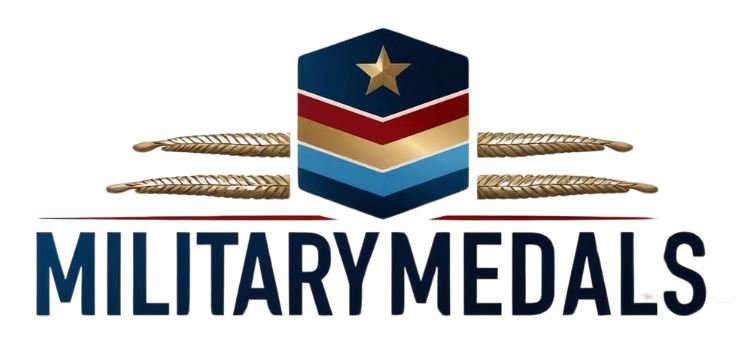The Duke of Westminster’s Medal for Military Literature, established with the patronage of The Duke of Westminster, honored authors who significantly contributed to the exploration of international and national security and defense. This prestigious award, presented annually from 1997 to 2016, celebrated living writers irrespective of their nationality, gender, or age.
However, the legacy of the Duke of Westminster’s Medal for Military Literature was succeeded by the Duke of Wellington Medal for Military History. This transition marked a new chapter in recognizing exceptional works that delve into the complexities of military history and strategy.
Over the years, the Duke of Westminster’s Medal for Military Literature showcased a remarkable array of winning authors. Lord Peter Hennessy and James Jinks clinched the 2015 award for their insightful work on The Silent Deep: The Royal Navy Submarine Service since 1945. Rana Mitter’s exploration of China’s War with Japan 1937-1945 secured the accolade in 2014.
The 2013 medal was awarded to Anne Applebaum for her profound analysis in Iron Curtain, while Sir Max Hastings received the honor in 2012 for All Hell Let Loose. Notable contributions to military literature were also recognized in Sir Rodric Braithwaite’s Afgantsy, Antony Beevor’s D-Day, and Sir Lawrence Freedman’s A Choice of Enemies.

Other distinguished recipients of the Duke of Westminster’s Medal include Professor Christopher Bellamy for Absolute War, Aleksandr Fursenko and Timothy Naftali for Khrushchev’s Cold War, and Professor Roger Knight for The Pursuit of Victory: The Life and Achievement of Horatio Nelson.
The list of winners further includes Professor Nicholas Rodger for The Command of the Ocean, Gerard DeGroot for The Bomb, a Life, and Sir Marrick Goulding for Peacemonger. Sir Percy Cradock’s Know Your Enemy, Norman Friedman’s The Fifty-Year War, and Michael Hickey’s The Korean War also stood out among the recipients.
Recognizing excellence in military literature, the Duke of Westminster’s Medal highlighted the significant works of John Keegan, Professor Hew Strachan, and Andrew Gordon. Their respective contributions to understanding conflicts, strategies, and historical events enriched the landscape of military literature.
As the award evolved over the years, it not only celebrated exceptional authors but also fostered a deeper understanding of military history and its impact on global affairs. The transition to the Duke of Wellington Medal for Military History signifies the enduring legacy of recognizing scholarly contributions that shed light on the intricacies of warfare and defense.
Through its distinguished winners and their insightful works, the Duke of Westminster’s Medal for Military Literature left a lasting imprint on the realm of military scholarship. The legacy of this award continues to inspire authors and researchers to delve into the complexities of military history, contributing to a more profound understanding of security and defense.
🔗 Reddit Discussions
- The publishing house Prosvyasheniye (English: “Enlightenment”), the one ordered to remove all references to Ukraine in Russian history books, was burning last night.
- The 19th century started with single shot muzzle loading arms and ended with machine gun fully automatic weapons. Did any century in human history ever see such an extreme development in military technology?
- “What does a Jordan Peterson book have to do with nazi larpers?” A meme making fun of a subset of /r/HistoryMemes users includes a Jordan Peterson book. A few people take issue with this.





